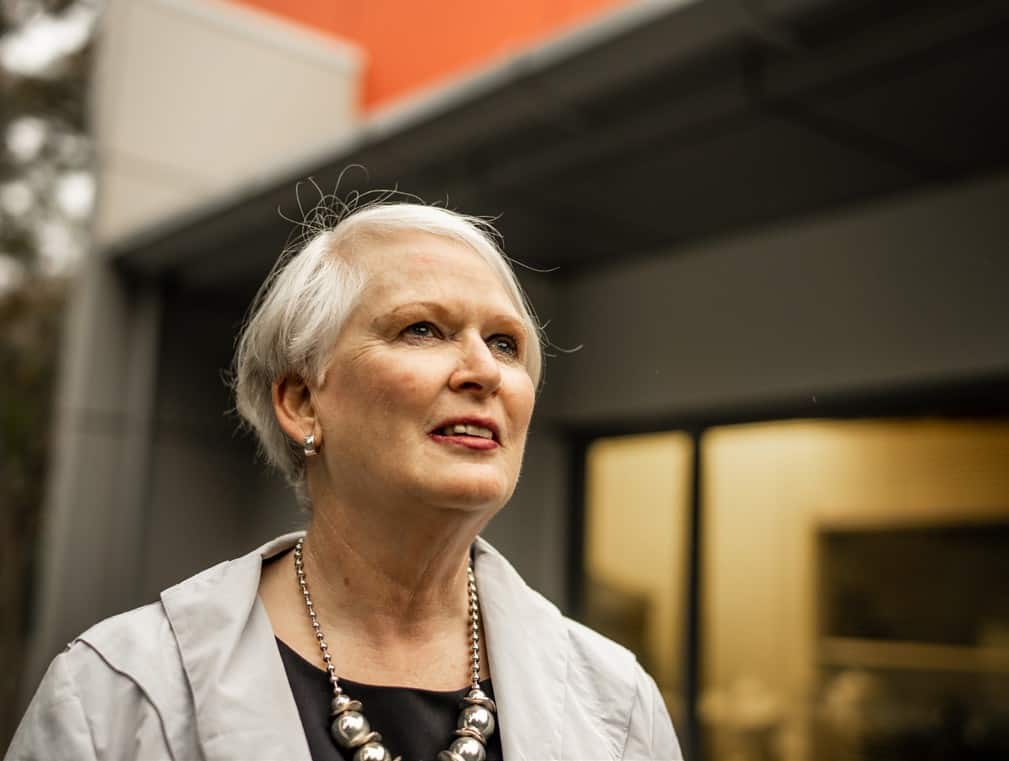As I write this article the horrific events that took place in Christchurch are still fresh in my mind. I speculate about the antidote to such ignorance, prejudice and fear. The answer is of course education and positive interpersonal relationships, which are EIT’s core business.
It is always a source of satisfaction to me when I hear people referring to EIT as ‘our EIT’. And that this language is also used in Tairāwhiti is testament to the successful merger that took place in January 2011, uniting Hawke’s Bay and Gisborne.
It is somewhat regrettable therefore, that as a precursor to a major restructuring, as proposed by Government, the ITP sector was portrayed as ‘broken’.
Although it is certainly true that a number of our peers have suffered from financial and governance issues, that has emphatically not been the case here. Nor was EIT affected by the national downturn in enrolments last year, with this year telling an even more positive story across all campuses. In fact, 2018 saw the highest number of enrolled students (10,000) in the institute’s history.
In both Hawke’s Bay and Tairāwhiti, the percentage of Māori enrolments surpasses the percentage in the general population. Indeed, such is our success with these learners that other education providers choose to visit EIT to gain an understanding of our ‘secret’. One of the challenges of our merger is to cater for the educational needs of a huge geographical area and we proudly make education accessible from Te Araroa to Dannevirke.
In terms of the quality of education EIT provides, we enjoy being rated in the highest category in terms of both our performance and the confidence the government has in our ability to monitor our own performance.
Part of the consultation for the proposed changes in the vocational education sector involved meeting members of our community to hear from them about areas of our current performance or provision that were in any way deficient. I was so heartened by the response of our stakeholders who talked about our responsiveness, accessibility and relevance. Conversely, they expressed a great deal of concern about the potential difficulties of dealing with a large impersonal, centralised organisation, which would inevitably lack an understanding of the unique needs of our environment.
I know in my former role as a school principal I appreciated being able to pick up the phone and negotiate a learning experience uniquely suited to my students’ needs.
I remember when, ten years ago, schools were seeking solutions to the growing number of disengaged senior students. We simply wanted to keep them involved in the learning process. Together with EIT, a number of Hawke’s Bay school principals discussed how to actively collaborate.
At the end of February 2009, Hastings Girls’ High School, for which I was Principal at the time, and EIT launched an innovative programme. It was designed to bridge the gap between secondary school and tertiary study. The one day a week programme, Te Ara Pounamu, gave a career direction to my students who struggled to gain NCEA Level 1 in Year 11 and who were interested in hospitality. They were able to study towards a level 2 certificate in hospitality while continuing with their normal school studies. The programme was a huge success and provided a template for the Hospitality Trades Academy, which has since seen an impressive number of Year 12 and 13 students coming through to get a taste of different career options.
We are aware of the strength of the EIT name and ‘brand’ which inspire confidence and recognition right across central New Zealand and in many overseas jurisdictions, producing real, tangible, financial value.
As well as catering to the needs of school leavers, and other learners of all ages, we are also active participants in international education. This takes a variety of forms from our Auckland campus situated in Queen Street, which provides postgraduate qualifications in business and health, to agreements to deliver teaching and qualifications in China, and of course students from around the globe who join our mainstream classes in both Hawke’s Bay and Tairāwhiti.
The benefits of this provision are numerous and include exposing both our New Zealand students and our community at large to ethnic diversity, which adds to understanding and tolerance. I firmly believe that cultural ease and proficiency are an essential part of the education we provide.
It has been pointed out to me frequently that we are the largest population area in the country without a university. Hence the opportunity for quality, accessible tertiary education is particularly important to our region, as is the provision of EIT’s range of degree and postgraduate programmes.
All the more reason – and due to our strong connections with industry, local businesses, community and iwi – it is outstanding that EIT is still going strong and registered student numbers are still hitting new records. These numbers are proof that EIT is a trusted partner and anchor institution for the people of Hawke’s Bay.
We believe the loss of our name and the ability to chart our own course is a serious concern. And we are resolute in putting that view to Government.
Geraldine Travers is chair of the EIT Council and a Hastings District Councillor. She was principal at Hastings Girls’ HS for 19 years and awarded a MNZM for service to education.

